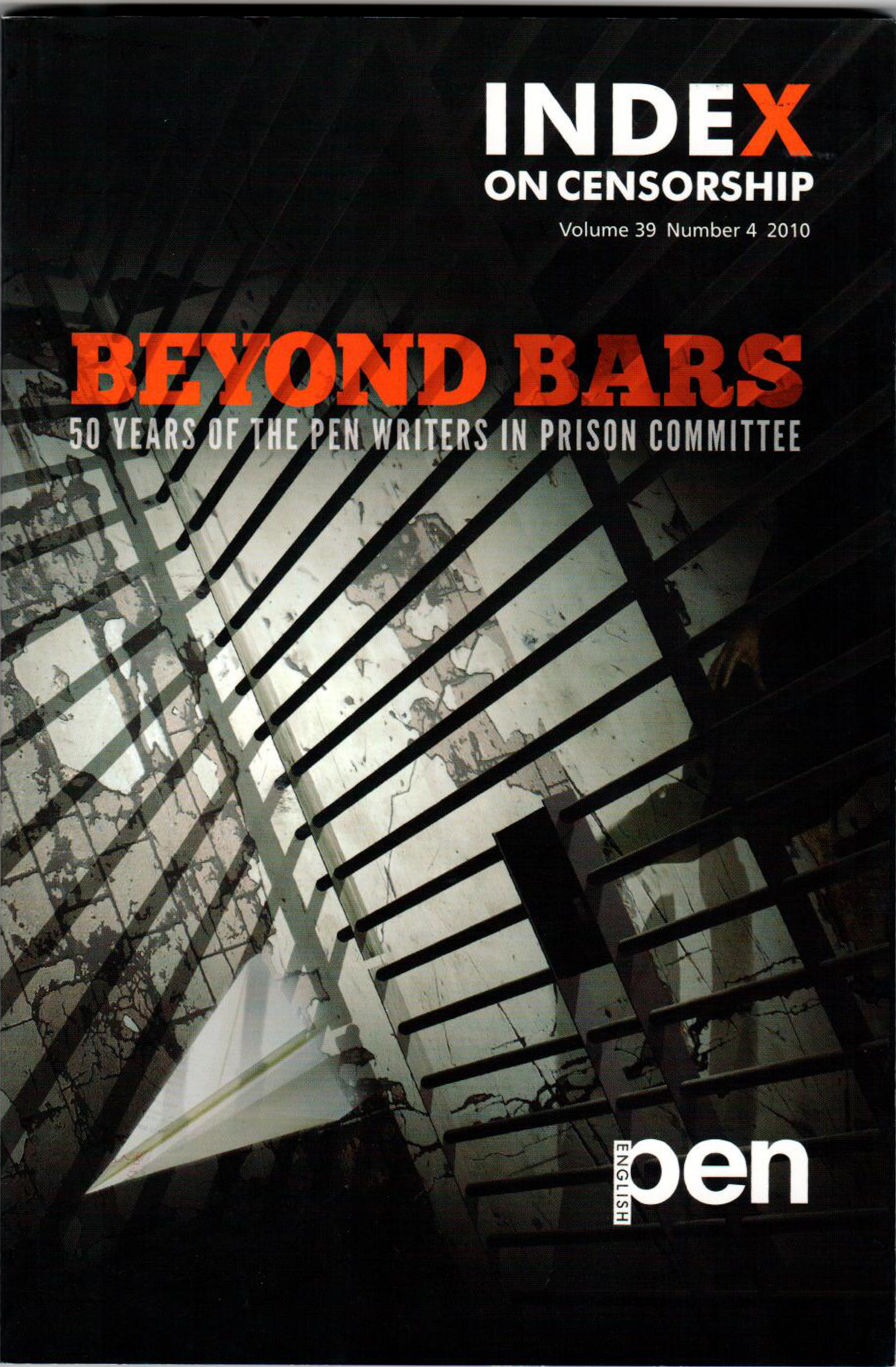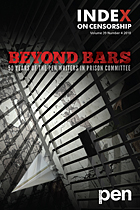One of the writers championed by Index on Censorship and English PEN to mark 50 years of the Writers in Prison Committee, Uzbek journalist Djamshid Karimov was released from a psychiatric hospital on 30 November.
Djamshid Karimov, nephew of Uzbek president Islam Karimov, is an outspoken critic of the government, known for reporting on socio-political issues. He worked as a freelance journalist for the Institute for War and Peace Reporting, and contributed to independent newspapers and online publications under the pseudonym Andrei Nazarov. After reporting on the Andijan massacre in May 2005, during a period when his uncle systematically sought to silence all independent voices of protest, Karimov and his family were subjected to intense police surveillance.
In August 2006, after applying for an exit visa to attend a journalism seminar in Kyrgyzstan, Karimov’s passport was seized by the authorities. The head of the regional administration in Jizak visited the family home on 31 August, and offered Karimov positions at two state newspapers, apparently in a bid to entice him away from independent journalism. He refused and shortly afterwards, on 12 September, he disappeared. Two weeks later, Karimov’s friends discovered that he was being held against his will in a psychiatric hospital in Samarkand, initially under a six-month detention order. The authorities would not specify the reason for his detention, calling it a “private matter”. His fiancée was permitted to visit him and found him distressed by his detention; he had reportedly been forced to accept unnecessary treatment and anti-psychotic medication.
Karimov’s detention order was “reviewed” in March 2007 and extended for six months, but authorities disclosed no further details. Since then, as far as his family knows, the court has not officially passed a decision to further extend Karimov’s treatment. Nonetheless, despite regular promises that he would soon be discharged, he remains incarcerated. Karimov has now been undergoing forced treatment for more than four years.
This article originally appeared in Beyond Bars: 50 Years of the PEN Writers in Prison Committee. To subscribe to Index, click here.






